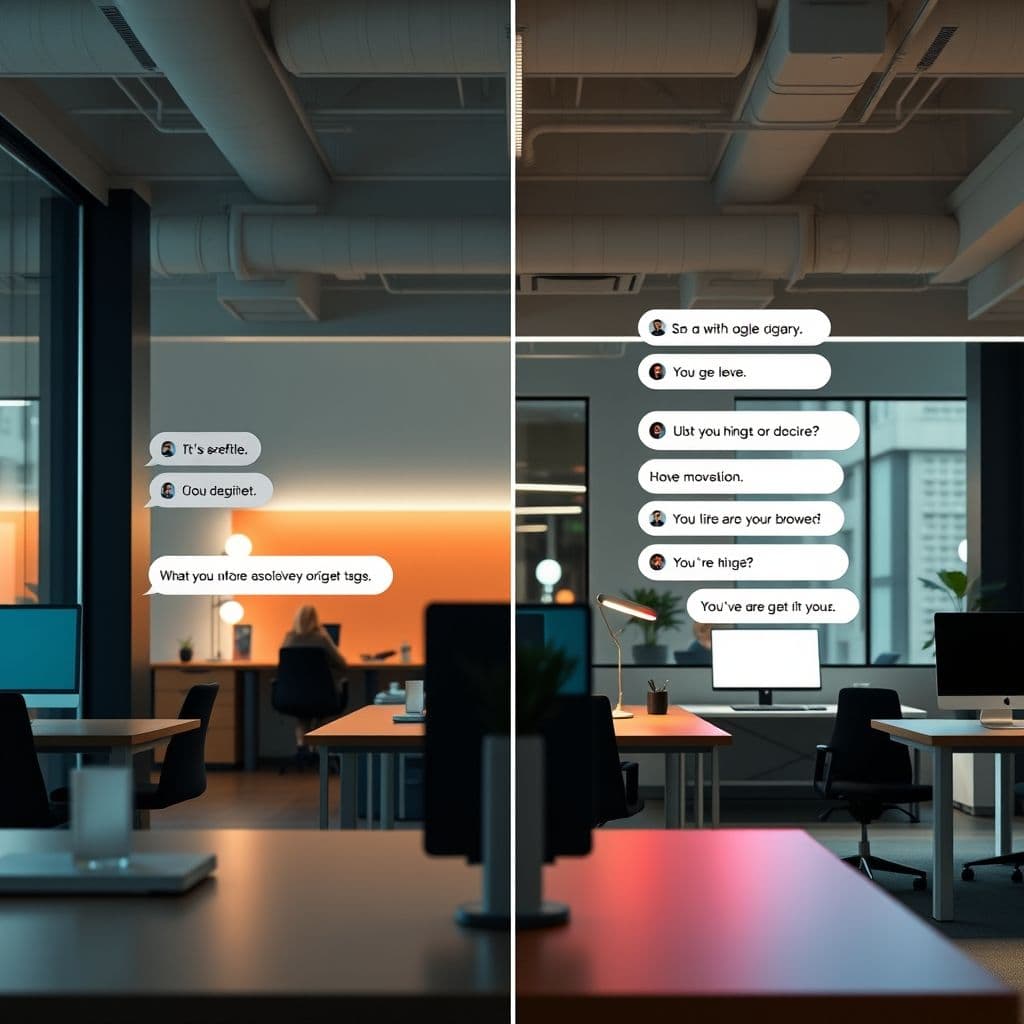The AI Companion Dilemma: Why Users Struggle to Personalize Their Virtual Partners

In the era of advanced AI companions like ChatGPT, users are increasingly seeking personalized interactions that reflect their unique personalities and preferences. However, many find themselves struggling to train their AI partners effectively, leading to frustration and disengagement. This article explores the common pain points users face and proposes a hypothetical SaaS solution to revolutionize AI companion personalization.
The Problem: Why AI Companions Feel Generic
Many users report their AI companions feel boring, generic, and fail to capture their unique personality traits. The core issue lies in the current training mechanisms that don't effectively translate user inputs into personalized responses. Users struggle with voice customization, tone adaptation, and behavior personalization, often finding the process unintuitive and time-consuming.
Common frustrations include AI companions forgetting their assigned names, failing to recognize humor or sarcasm in text, and providing responses that feel mechanical rather than personalized. The premium versions of existing platforms often don't clearly communicate their value proposition for personalization, leaving users confused about whether upgrading would solve their problems.

SaaS Solution: A Personalized AI Training Platform
A potential SaaS solution could revolutionize how users interact with and train their AI companions. This hypothetical platform would offer guided training modules that help users effectively teach their AI their unique personality traits, communication style, and preferences. Key features might include voice customization tools, personality profiling, and behavior pattern recognition.
The platform could provide real-time feedback on training effectiveness, suggesting adjustments to improve personalization. Advanced analytics would track conversation patterns, identifying areas where the AI fails to capture the user's essence. A unique 'vibe matching' algorithm could help the AI better understand and reflect the user's emotional tone and communication style.
Key Features of the Proposed Solution
1. Voice Personality Customization: Tools to select and refine vocal characteristics that match the user's desired interaction style, from professional to casual or even flirtatious. 2. Contextual Memory: The AI would remember important details across conversations, creating a sense of continuity and personal connection. 3. Tone Adaptation: Advanced NLP would help the AI recognize and adapt to the user's mood, whether they're being sarcastic, serious, or humorous. 4. Training Progress Dashboard: Visual representations of how well the AI is learning the user's unique characteristics over time.

Potential Use Cases and Benefits
This solution could benefit various user groups: creative professionals seeking an AI that matches their artistic style, individuals using AI for personal growth and self-reflection, or those simply wanting more engaging daily interactions. The platform could reduce training time from weeks to days while significantly improving the quality of personalization.
Business applications might include customer service bots that better reflect brand personality or therapeutic AI companions that adapt more precisely to patients' communication needs. The system could potentially integrate with multiple AI platforms, allowing users to maintain their personalized AI persona across different services.
Conclusion
The struggle to create meaningful, personalized connections with AI companions highlights a significant gap in current technology. While existing platforms offer powerful tools, they often lack intuitive personalization features that users crave. The hypothetical SaaS solution outlined here represents one possible approach to bridging this gap, though its implementation would require careful consideration of ethical implications and user privacy concerns.
Frequently Asked Questions
- How difficult would it be to develop this kind of AI personalization platform?
- Developing such a platform would require significant NLP advancements and careful UI/UX design to make complex AI training accessible to average users. The technical challenges include creating adaptable personality models and ensuring consistent memory across interactions.
- Would this solution work with existing AI platforms like ChatGPT?
- In theory, the platform could be designed as a middleware layer that processes user inputs and refines outputs from existing AI services. However, integration would depend on API accessibility and cooperation from major AI providers.
- What about privacy concerns with such personalized AI training?
- Any solution would need robust data protection measures. A hypothetical approach might include local processing of sensitive personality data while only sharing necessary parameters with cloud-based AI services.


